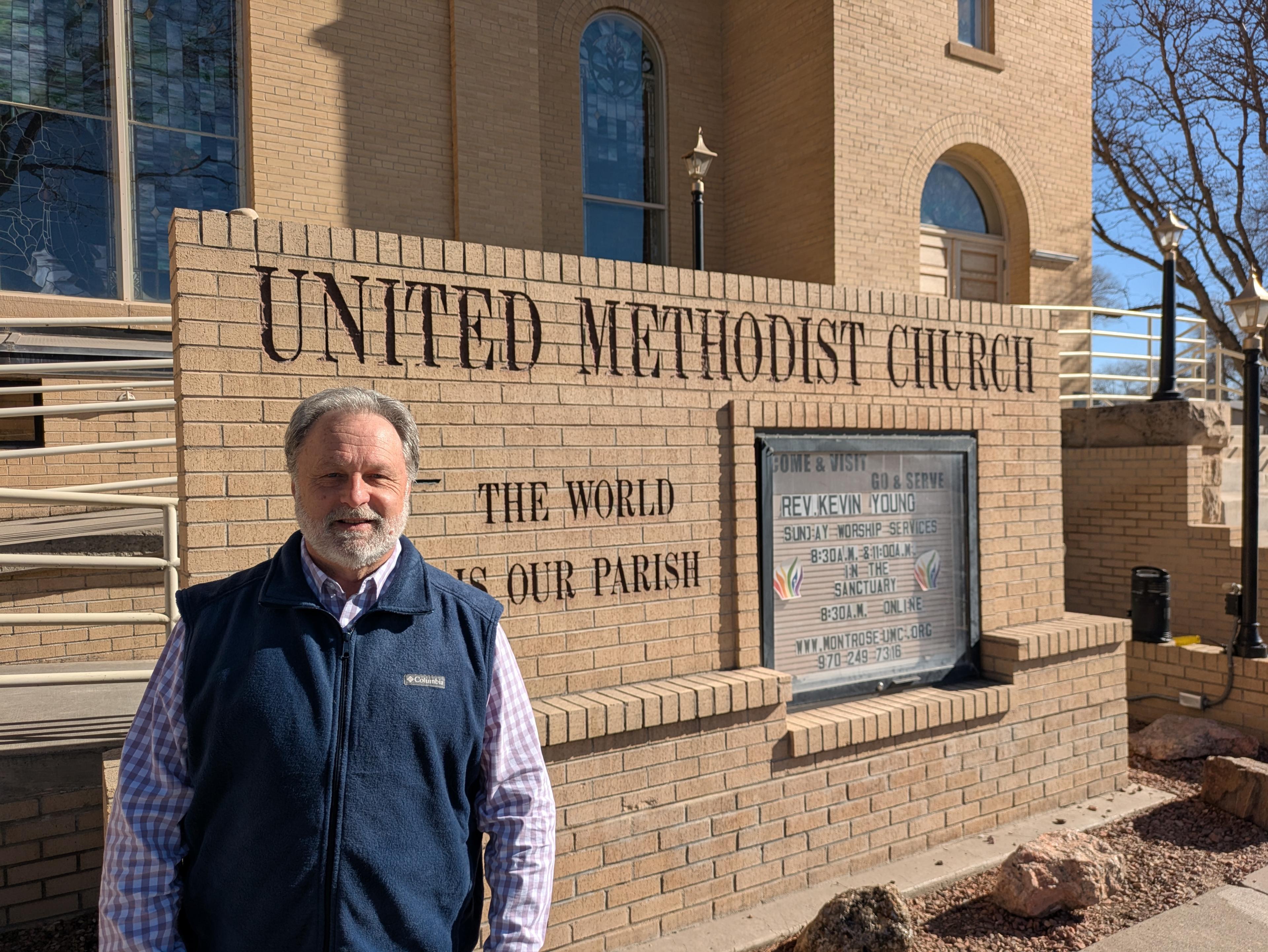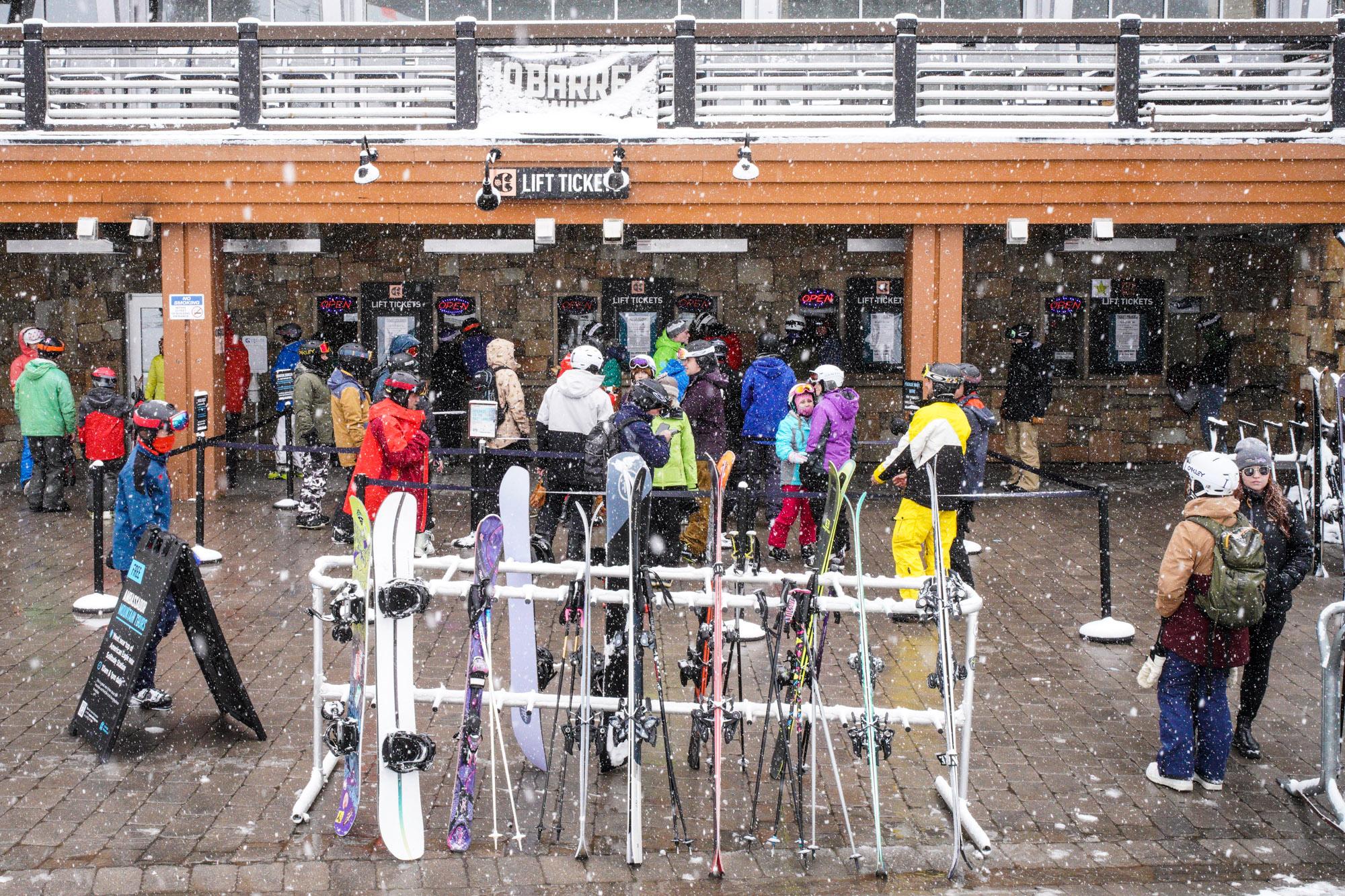
Colorado has been ground zero for marijuana legalization nationwide, but now that other states are looking into medicinal marijuana or to outright legalize recreational consumption, many of the nation’s policy makers are getting key facts wrong about the state’s cannabis market.
But, like all things in hyper-partisan Washington D.C., it really depends who you ask: Pro-cannabis lawmakers across the U.S. point to Colorado as the gold, even green, standard for the nation.
Opponents, unsurprisingly, see things quite differently.
“I think it’s terrible and I think it proliferates marijuana all over the Midwest,” said Iowa Republican Rep. Steve King. “It’s causing all kinds of social problems in Colorado and wherever it’s proliferated it’s causing social problems, and it’s part of the defiance of federal law.”
King is correct that police have busted rings of people trying to smuggle marijuana out of Colorado to other states. Neighboring states have complained. But for King to claim a rise in “social problems” is a stretch. A recent pilot study from Colorado State University-Pueblo’s Institute of Cannabis Research took on some of the stereotypes of social impact.
The backdrop to the national debate on marijuana is the opioid crisis, which continues to rage in Colorado and elsewhere. No one knows why some crime has ticked up in the state since legalization took root, like auto thefts and even the murder rate, while others have gone down, like property crimes.
Other federal policy makers have latched on to the notion that marijuana legalization in Colorado has been devastating to drivers in the state.
“I think the experience in Colorado indicates that there may have been an increase in auto accidents,” said Republican Leonard Lance of New Jersey, who supports medicinal marijuana.
“All I know is they got a whole lot more instances of drugged driving,” Republican Andy Harris of Maryland, a pot legalization opponent, said. “That’s a danger.”
Those claims beg the question of where lawmakers are getting their data. In 2017, the Insurance Institute for Highway Safety released a study showing accidents were up by three percent in Colorado since voters allowed recreational marijuana, while the American Journal of Public Health released a study showing no increase in auto accidents due to marijuana. Critics also say the tests showing marijuana in drivers are flawed because THC stays in people’s bodies for as long as a month.
Still, some lawmakers in the nation’s capital are talking about Colorado edibles.
“I think Colorado made a lot of mistakes, such as allowing marijuana to be in edible,” Maine Republican Senator Susan Collins — a moderate’s moderate whose state just legalized marijuana for recreational purposes — told CPR News.
There have been numerous false reports of young adults overdosing from edibles, but while those have garnered national headlines in many anti-pot publications, even the D.E.A. says there have been no overdoses tied to THC.
One doctor in Colorado says he’s diagnosed the first case of an overdose: an 11-month-old whom he claims died after eating edibles in the house. But he’s witnessed pushback from other doctors.
So it seems there are two takeaways from polling a random splattering of the nation’s political class on Colorado’s pot scene.
For one, don’t leave your cannabis out around kids of any age. Secondly, the nation really needs more data and studies on marijuana because for every study supporting marijuana there seems to be one opposing it. That has proponents calling on Attorney General Jeff Sessions to relax the hurdles keeping federally funded research institutes from researching pot. Republican Congressman Doug Lamborn of Colorado Springs recently added his voice to that chorus.
In the meantime, many Colorado politicians are trying to educate their colleagues on the state’s thriving marijuana market, even if they’re a tad annoyed by all the cherry picking of studies.
“I think it falls along the lines of wherever they stand on the issue,” Democrat Jared Polis said. “For those who support decriminalizing or legalizing marijuana they look at Colorado as a success story. For those who continue to oppose it, despite the overwhelming support for marijuana legalization, they result to fake news stories that are incorrect about the Colorado experience.”
Read More: Gardner-Trump Pot Parley Sparks Investment, Fed Legalization Talk








